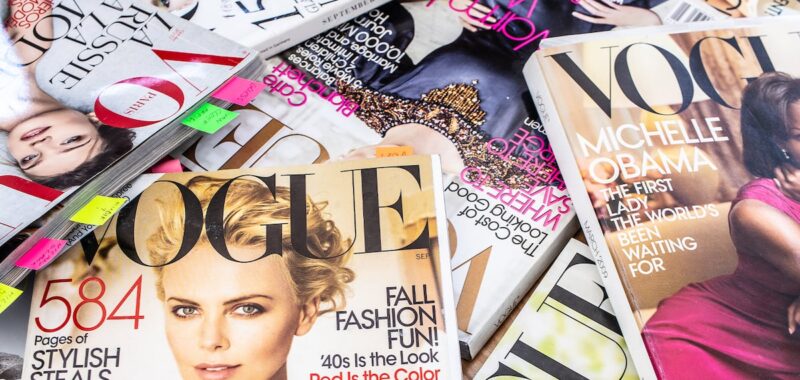
Condé Nast, the publisher of Vogue, Vanity Fair and GQ, has signed a multi-year partnership with artificial intelligence company OpenAI, according to an internal memo seen by BoF.
The deal will allow content from Condé Nast publications to be displayed on OpenAIâs platforms, including AI chatbot ChatGPT and a prototype version of SearchGPT. Through SearchGPT, OpenAI plans to integrate its conversation models with information from the web and direct links to news stories.
âAs we all know, generative AI is rapidly changing ways audiences are discovering information,â said Condé Nast CEO Roger Lynch in the memo. âItâs crucial that we meet audiences where they are and embrace new technologies while also ensuring proper attribution and compensation for use of our intellectual property.â
In the memo, Lynch added that various technology companies in the past have âeroded publishersâ ability to monetise contentâ and that the partnership with OpenAI will âmake up for some of that revenue.â
The move is at odds with several other news organisations, namely The New York Times and CNN, which see the technology company as a threat to their business as its language models are trained on copyrighted material. In December 2023, The New York Times sued OpenAI for copyright infringement.
Other publishers, such as the Associated Press, The Atlantic, Dotdash Meredith, Financial Times, and Voxmedia, however, have struck deals with the company.
âWeâre committed to working with Condé Nast and other news publishers to ensure that as AI plays a larger role in news discovery and delivery, it maintains accuracy, integrity, and respect for quality reporting,â said Brad Lightcap, COO, OpenAI, in a statement.
Learn more:
Fashionâs AI Dilemma Is Getting Worse
Baggu and Collina Strada are the most recent targets of ire among consumers opposed to the use of generative AI designs, and they wonât be the last. What does it mean for an industry that has already embraced the innovation with open arms?

